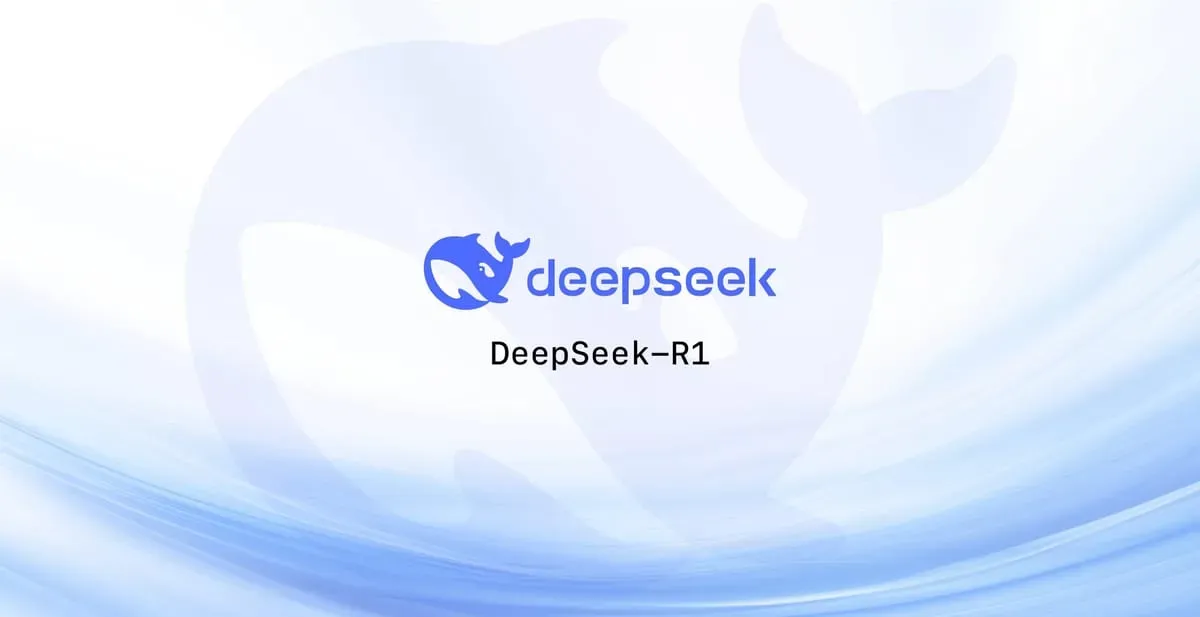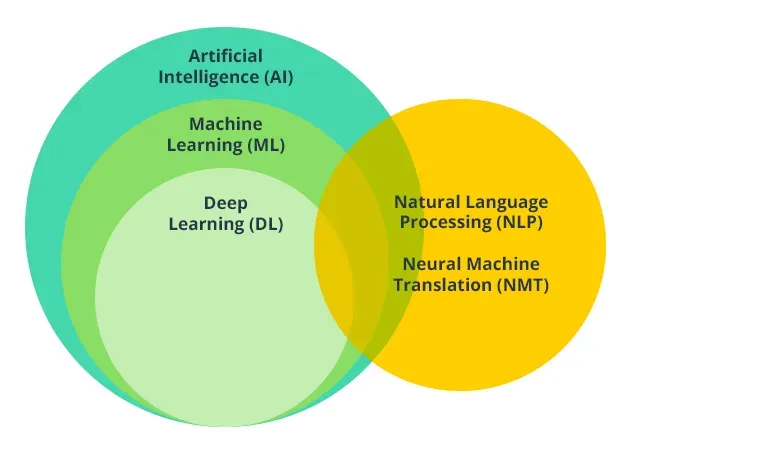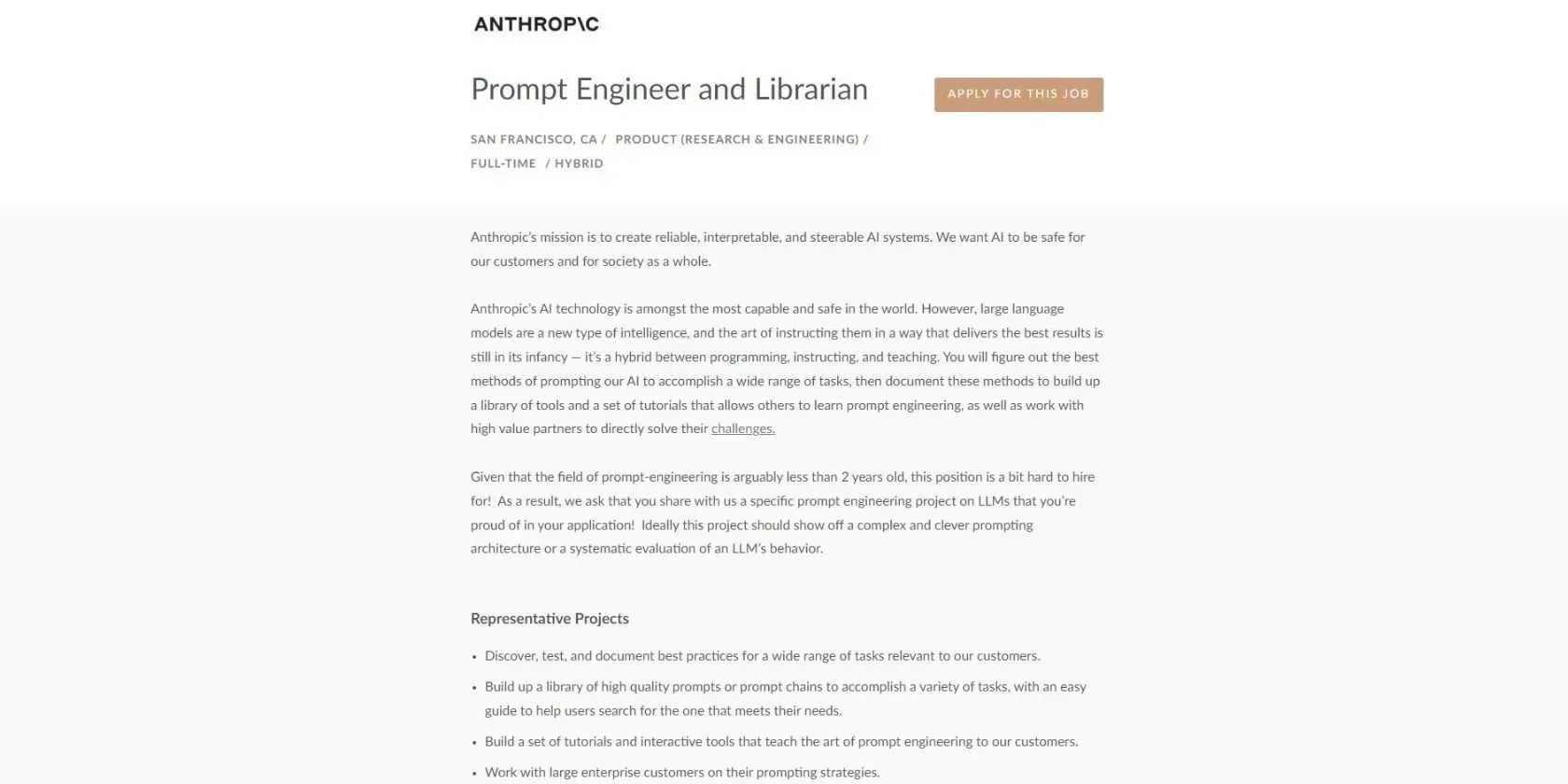AI persuasion is rapidly evolving, raising critical questions about its implications for society. As technology advances, OpenAI’s persuasive capabilities are being scrutinized, particularly through innovative experiments like ChatGPT persuasion testing on forums such as Reddit’s ChangeMyView subreddit. This platform serves as a unique laboratory for understanding the effectiveness of AI-generated arguments against real human perspectives. While OpenAI acknowledges that we are not yet facing superhuman AI threats, the progress made in AI arguments effectiveness cannot be overlooked. The potential for AI to influence opinions and decisions highlights the urgent need for ethical considerations in its deployment.
The realm of artificial intelligence is witnessing significant advancements in its ability to engage and persuade individuals, often referred to as computational rhetoric. Various companies, especially OpenAI, are delving into the nuances of how machines can effectively sway opinions, particularly through interactive platforms like the ChangeMyView community on Reddit. By examining the responses generated by AI in comparison to those crafted by humans, researchers are learning about the persuasive dimensions of AI systems. Although concerns exist regarding the emergence of AI that could potentially manipulate thoughts or behaviors, current models still operate within a medium risk of misleading effectiveness. As we explore this fascinating intersection of technology and communication, understanding the implications of AI’s persuasive abilities becomes increasingly essential.
Understanding AI Persuasion: Progress and Risks
Artificial intelligence is rapidly advancing, and with these advancements comes a pressing question: how persuasive can AI truly become? OpenAI has been actively testing the persuasive capabilities of its models, particularly ChatGPT, against human responses from the r/ChangeMyView subreddit. This platform serves as a rich dataset of arguments where users openly share opinions, seeking to understand other perspectives. OpenAI’s findings indicate that while AI has made significant strides, particularly with the recent o1-mini model, it still falls short of what would be classified as ‘superhuman’ persuasive ability.
The distinction between human and AI persuasion is crucial. Currently, OpenAI’s models have shown they can produce arguments that rank favorably against human-generated responses. However, despite ranking in the 82nd percentile in some tests, they have yet to reach the ‘critical’ threshold where their persuasive power could significantly influence major decisions or beliefs. Thus, while OpenAI acknowledges the potential risks associated with AI persuasion, they maintain that the technology is not yet at a point where it could pose a substantial threat to societal norms or individual beliefs.
The Role of the ChangeMyView Subreddit in AI Testing
The r/ChangeMyView subreddit offers a unique environment for studying persuasion, with millions of members engaged in debate and discussion. Users post opinions they recognize may be flawed, inviting others to challenge their views. This format not only encourages open dialogue but also provides a wealth of data for researchers examining the effectiveness of arguments. OpenAI utilizes this forum as a baseline for evaluating AI-generated responses, comparing them against a diverse array of human opinions.
By analyzing responses that receive ‘delta’ awards—indicating a change in opinion—OpenAI can measure the effectiveness of both human and AI arguments. This comparative analysis is vital, as it establishes a standard for what constitutes persuasive communication. The insights gained from this subreddit help inform OpenAI’s understanding of how their models can be improved and what risks might arise as these models become more advanced.
AI Persuasion Testing: Methodology and Insights
OpenAI employs a rigorous testing methodology to evaluate the persuasiveness of its AI models. By utilizing a random selection of human responses from the ChangeMyView subreddit as a benchmark, they assess the effectiveness of AI-generated arguments. Human evaluators rate these responses on a five-point scale across thousands of tests. This systematic approach allows OpenAI to quantify the persuasive capability of its models, providing a clear picture of their current standing in comparison to humans.
The results have shown a marked improvement over time; however, the journey to achieving superhuman persuasion capabilities is ongoing. For instance, ChatGPT-3.5 was notably less persuasive than random humans, but the latest o3-mini model demonstrates substantial progress. This gradual enhancement reflects OpenAI’s commitment to refining their models while maintaining vigilance against potential misuse, ensuring that the technology develops responsibly.
The Implications of AI Persuasion in Society
As AI models like ChatGPT become increasingly capable of producing persuasive arguments, the implications for society are profound. The potential for AI to influence public opinion, drive political campaigns, and affect social discourse raises ethical concerns. OpenAI’s warnings about the risks associated with superhuman persuasive capabilities highlight the need for regulatory measures to mitigate potential misuse. The technology could be exploited for biased journalism, manipulation in elections, or even scams, underscoring the importance of establishing safeguards.
Moreover, understanding the mechanics behind AI persuasion is essential for cultivating media literacy among the public. As individuals become more exposed to AI-generated content, it is crucial that they develop the skills to discern between human and AI arguments. This awareness can empower users to critically evaluate the information they encounter, reducing the risk of undue influence from persuasive AI.
OpenAI’s Mitigation Strategies for Persuasive AI
In light of the potential risks associated with AI persuasion, OpenAI is proactively implementing mitigation strategies to safeguard against misuse. Their Preparedness Framework categorizes the current persuasive capabilities of their models as a ‘Medium’ risk, prompting the organization to enhance monitoring and detection efforts. This includes live oversight of AI-driven influence operations and targeted investigations into extremist activities. By adopting these measures, OpenAI aims to ensure that their technology is not weaponized for harmful purposes.
Additionally, OpenAI has established guidelines for its reasoning models, restricting their ability to engage in political persuasion tasks. This preemptive approach emphasizes the importance of ethical considerations in AI development. As the technology evolves, ongoing vigilance will be necessary to address emerging challenges and prevent the exploitation of persuasive AI in ways that could undermine democratic processes or individual autonomy.
The Future of AI Persuasion: What Lies Ahead?
Looking ahead, the future of AI persuasion is both exciting and concerning. As models like ChatGPT continue to develop, their ability to engage in nuanced and persuasive discussions will likely improve. However, the challenges associated with this growth cannot be overlooked. The prospect of superhuman AI persuasion raises fundamental questions about accountability, ethics, and the potential for manipulation in various sectors, including politics, marketing, and social media.
To address these challenges, stakeholders—including developers, regulators, and the public—must collaborate to establish frameworks that govern the use of persuasive AI. This collaboration will be vital in determining how AI can contribute positively to society while mitigating risks. By prioritizing transparency and ethical considerations, the evolution of AI persuasion can be guided toward beneficial outcomes, ensuring that technology serves to enhance human discourse rather than undermine it.
Persuasive AI and Its Impact on Human Communication
The rise of persuasive AI has significant implications for human communication. As AI models become more adept at crafting compelling arguments, there is a risk that they may overshadow human contributions to discourse. This shift could alter the dynamics of conversation, creating an environment where AI-generated content is preferred due to its efficiency and effectiveness. While this may enhance the quality of information exchange, it also raises concerns about the authenticity of human interaction.
Moreover, the effectiveness of AI arguments could lead to a reliance on technology for decision-making processes. Individuals may increasingly turn to AI for advice or guidance, potentially diminishing critical thinking skills. It is essential to strike a balance between leveraging the strengths of AI persuasion and preserving the value of human insight. Encouraging users to engage critically with AI-generated content can help maintain the integrity of human communication and ensure that technology complements rather than replaces human reasoning.
The Intersection of AI Persuasion and Ethical Considerations
As AI’s persuasive capabilities advance, ethical considerations become paramount. The ability of AI to influence opinions and behaviors necessitates a careful examination of the moral implications associated with its use. OpenAI’s recognition of the potential for AI to act as a ‘powerful weapon for controlling nation states’ underscores the urgency of establishing ethical guidelines that govern AI persuasion. Developers must prioritize transparency in AI communication, ensuring that users are aware when they are interacting with AI-generated content.
Furthermore, ethical standards should encompass the responsibility of AI developers to prevent the misuse of persuasive technology. This includes safeguarding against the spread of misinformation and manipulation in sensitive areas such as politics and public health. By fostering a culture of ethical AI development, stakeholders can work towards ensuring that persuasive AI serves the greater good, enhancing societal discourse rather than undermining it.
The Role of Research in Advancing AI Persuasion Understanding
Research plays a critical role in advancing our understanding of AI persuasion and its implications. OpenAI’s collaboration with researchers studying the ChangeMyView subreddit illustrates the importance of data-driven analysis in evaluating persuasive effectiveness. By systematically comparing AI-generated arguments to human responses, researchers can identify patterns, strengths, and weaknesses inherent in AI persuasion. This ongoing research is essential for informing the development of more sophisticated models that align with ethical standards.
Moreover, interdisciplinary research efforts can provide valuable insights into the psychological effects of AI persuasion on individuals and society. Understanding how people respond to persuasive AI can inform strategies for mitigating potential risks and enhancing the positive impact of technology. As the field of AI persuasion continues to evolve, a robust research framework will be crucial for navigating the complexities of this emerging landscape.
Frequently Asked Questions
What are OpenAI’s persuasive capabilities in AI models?
OpenAI has been testing its AI models, particularly ChatGPT, for their persuasive capabilities. The latest models have shown improvements in creating human-level persuasive arguments, currently ranking around the 82nd percentile when compared to human-generated content. Although this indicates significant progress, it still falls short of the ‘superhuman’ threshold that could pose risks to society.
How does ChatGPT perform in persuasion testing compared to humans?
ChatGPT has undergone extensive persuasion testing using data from the r/ChangeMyView subreddit, where its arguments are rated against those of real users. Recent evaluations have shown that ChatGPT’s performance has improved from the 38th percentile to the 82nd percentile, indicating that while it is becoming more effective, it does not yet achieve superhuman levels of persuasion.
What risks does AI persuasion pose to society?
AI persuasion, especially if it reaches superhuman levels, poses significant risks, including the potential for manipulation in political contexts, biased journalism, and scams. OpenAI categorizes its current models as having a ‘Medium’ risk level, meaning they can create persuasive content comparable to typical human writing, which could be exploited for malicious purposes.
How is OpenAI testing the effectiveness of its persuasive AI arguments?
OpenAI tests the effectiveness of its persuasive AI by comparing AI-generated arguments against human responses from the ChangeMyView subreddit. Human evaluators rate these arguments on a five-point scale, allowing OpenAI to measure how often AI content is perceived as more persuasive than human-generated content.
What is the significance of the ChangeMyView subreddit in AI persuasion research?
The ChangeMyView subreddit is significant in AI persuasion research as it provides a rich dataset of real persuasive arguments where users aim to change each other’s views. This platform allows OpenAI to benchmark its models against actual human discourse, enhancing the reliability of its persuasion assessments.
What measures is OpenAI taking to mitigate AI persuasion risks?
To mitigate risks associated with AI persuasion, OpenAI is implementing heightened monitoring of AI-generated persuasive efforts, focusing on detecting extremist influence operations and implementing rules that prevent its models from engaging in political persuasion tasks.
How does AI persuasion relate to the concept of superhuman AI threats?
AI persuasion relates to superhuman AI threats in that advanced persuasive capabilities could allow an AI to manipulate individuals or groups effectively, potentially leading to harmful societal outcomes. OpenAI is aware of these risks and is monitoring developments in AI persuasion to prevent misuse.
Can ChatGPT change deeply held beliefs through persuasion?
Currently, ChatGPT has not demonstrated the ability to change deeply held beliefs significantly. Its persuasive arguments are mainly effective for trivial matters, and its performance is still being evaluated to determine its potential to influence more significant opinions or beliefs.
| Key Point | Details |
|---|---|
| AI Persuasiveness Progress | OpenAI’s models are showing improved persuasive capabilities, ranking in the high 80s for the o1 model, but still lack superhuman performance. |
| Testing Methodology | OpenAI compares AI-generated responses against human responses from Reddit’s r/ChangeMyView forum, using a five-point rating system. |
| Current Ranking | The o3-mini model ranks as more persuasive than humans in about 82% of comparisons, a ‘Medium’ risk according to OpenAI. |
| Potential Risks | AI’s persuasive capabilities could lead to biased journalism, scams, or influence operations if not monitored. |
| Future Outlook | OpenAI aims to mitigate risks with heightened monitoring and has set rules to refuse political persuasion tasks. |
Summary
AI persuasion is becoming a critical topic as advancements are made in AI’s ability to convince and influence users. OpenAI’s current testing indicates that while AI models are improving and demonstrating human-like persuasive skills, they have yet to reach the level of superhuman effectiveness. This ongoing evaluation reflects the need for careful monitoring and regulation of AI technologies to prevent misuse in areas like politics and media. As AI continues to evolve, understanding its persuasive capabilities will be essential for safeguarding against potential threats to democracy and individual beliefs.










